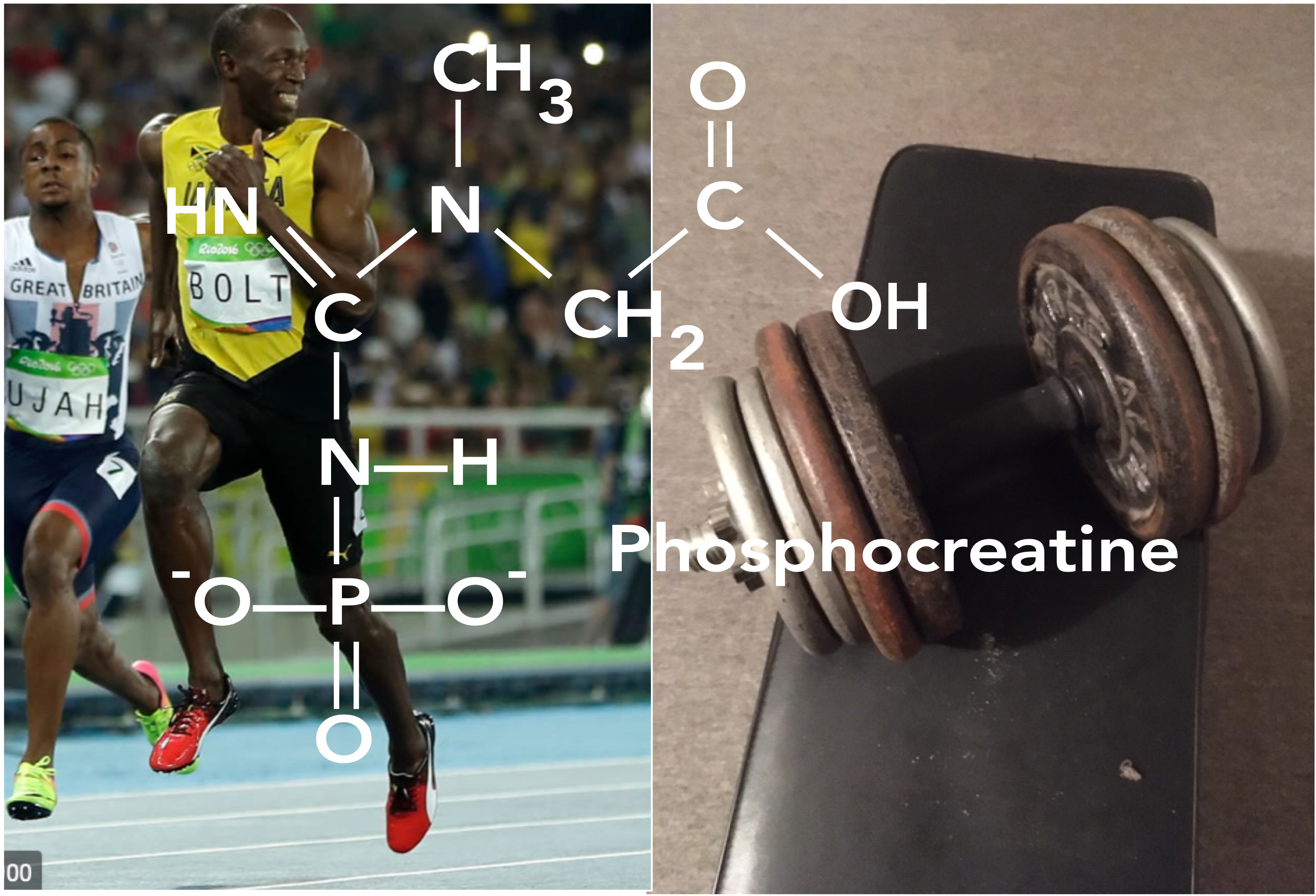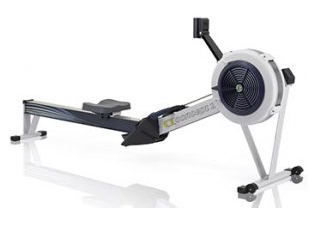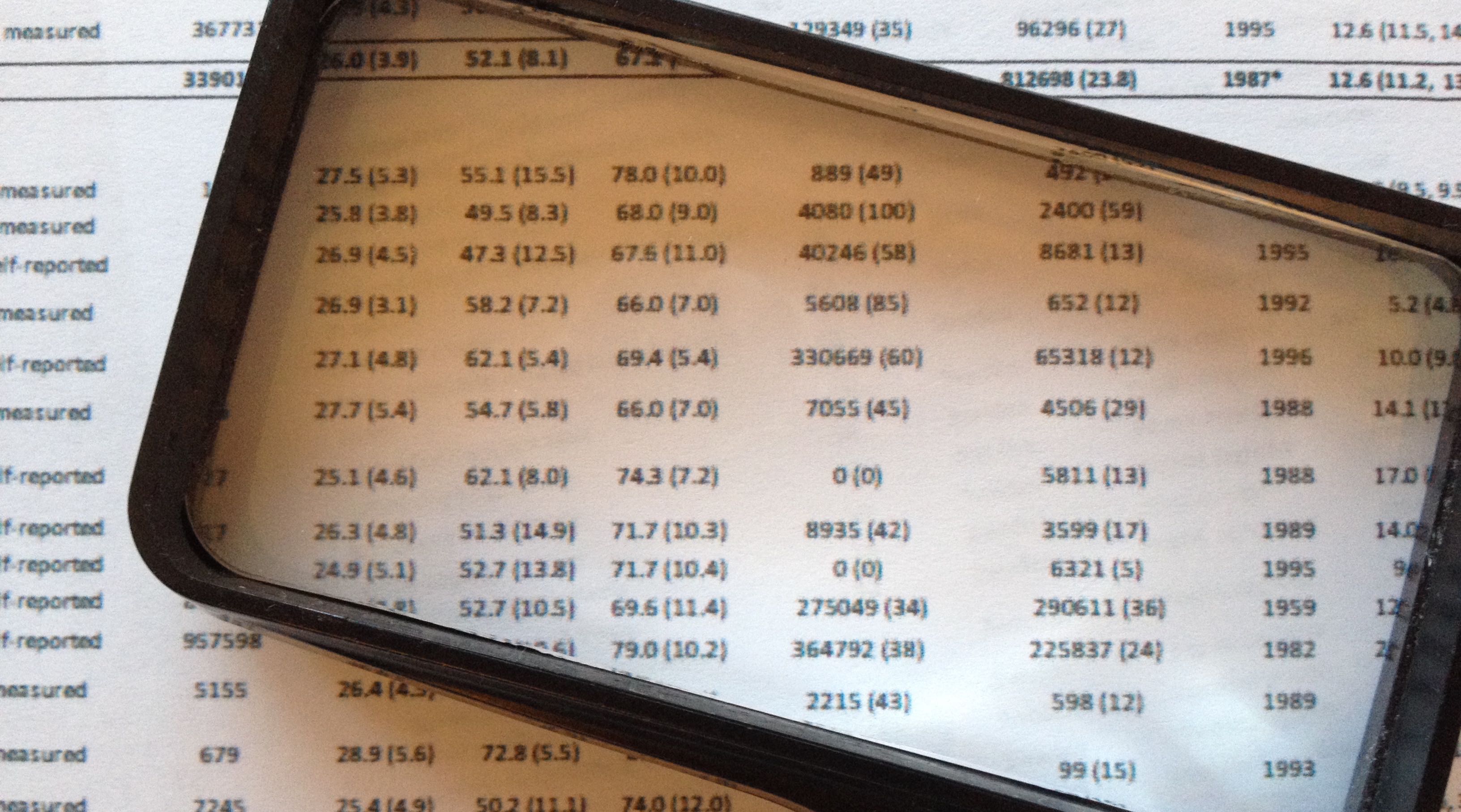This post, renewed from a previous one, is a continuation of the one following, on BMR. It examines one of the ways of looking at bodies – Body Mass Index (BMI). BMI is not usually that great at estimating a person’s health and weight, but does have value in looking at populations. Read on.
Body Mass Index (BMI)
Body Mass Index, defined as body weight in kilograms divided by the square of height in meters, has been used for about 200 years to assign underweight, overweight, normal or obese labels to bodies.… Read the rest “The Problem With Arnold’s Body Mass Index (BMI)”







